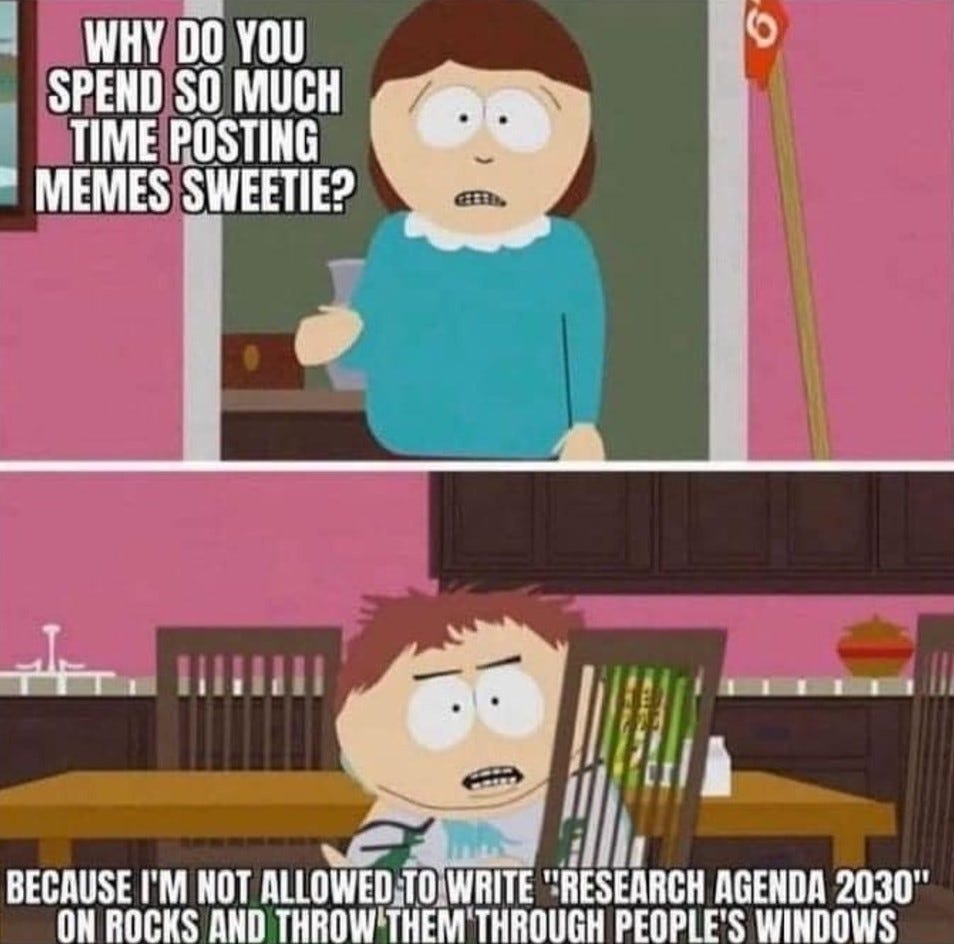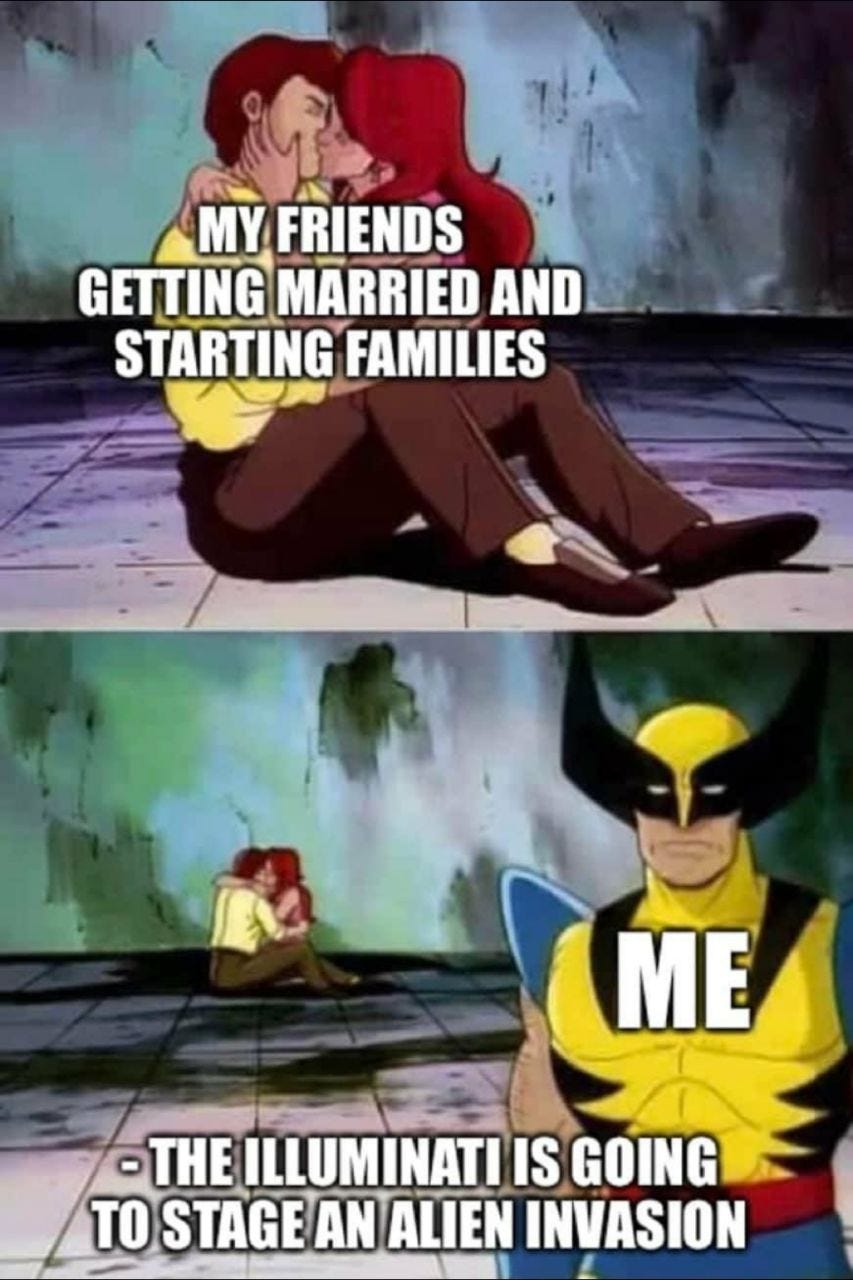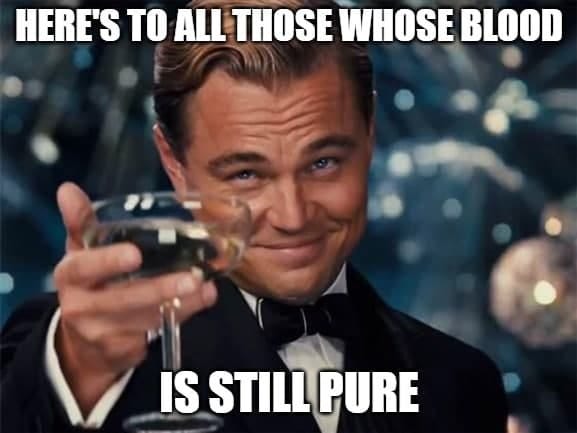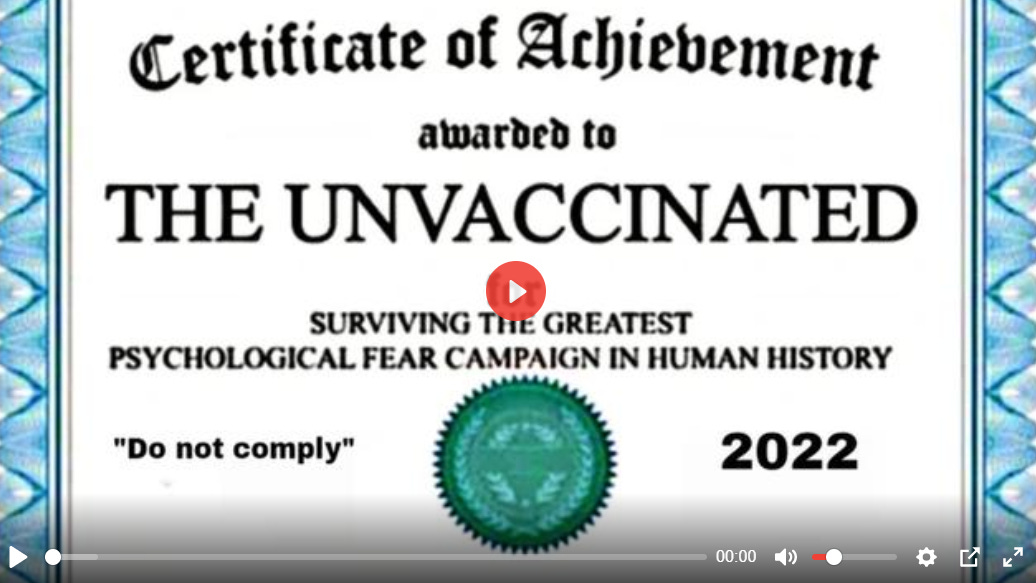The Pathologizing of Dissent
“The thoughts written on the walls of madhouses by their inmates might be worth publicizing.”- Georg Christoph Lichtenberg, German philosopher and experimental physicist (1742-1799)
It was probably sometime around 1964, during the earliest days of the Brezhnev regime, when Leonid Plyushch was first marked as politically questionable. Although a committed Marxist and staunch advocate of “socialism with a human face,” his letter to the Central Committee of the Communist Party (which proposed nothing more than lukewarm democratization of the Soviet system) was enough to earn the attentions of the KGB. The mathematician remained undeterred. Speaking out against the invasion of Czechoslovakia as well as the infamous “Trial of the Four,” Plyushch would find himself arrested and subsequently imprisoned, languishing in a cell for over a year before being diagnosed, in absentia and lacking the testimony of professionals, with “sluggish schizophrenia” – a wholly fictional condition used to silence voices the Kremlin deemed inconvenient.
The reader no doubt hears echoes of this tyranny today. Of course, it would be easy to decry The New York Times’ depiction of climate skeptics as unhinged delusionists or Ontario’s efforts to prescribe the unvaccinated psychotropic drugs and yet even these are but two chapters within an ongoing campaign to recast political unorthodoxy as a surefire symptom of psychological imbalance.
Weaponized Psychiatry
The latest iteration of such smear tactics began, at least in part, with the sudden profusion of “phobias” to emerge during the early waves of social justice hysteria. Needless to say, these were never intended as genuine descriptors. Instead, what they represented was an undisguised attempt to paint the perfectly reasonable fear of Islamic terror attacks and chameleonic sex predators as somehow rooted in primitive irrationality, a gaslighting which has only intensified with the recently rekindled accusation of “conspiracy theorist.”
First coined by the CIA in order to delegitimize suspicions surrounding the JFK assassination (suspicions since revealed to be entirely justified) the term is today employed by MSM propagandists as a means of watering down claims of election fraud, vaccine injuries, and America’s role in the Nord Stream pipeline bombing with rather more out-there assertions of a hollow earth and shape-shifting reptilian overlords. As such, publications including Psychology Today and Scientific American Mind have also weighed in on conspiracy theorists’ alleged insanity, their slander concealed behind peer-reviewed papers and intentionally obscurantist psychobabble. It might even be said that such hit pieces are most insidious of all, establishing as they do, the same justification for persecution the Soviets achieved with sluggish schizophrenia and yet, one need no more than scratch the surface to see that, practically without exception, their arguments rest on just five core contentions:
1. Conspiracy Theorists are Seduced by Confirmation Bias
It goes without saying that harboring a predisposition toward confirmation bias – a person’s tendency to seek out information supporting their preexisting beliefs while disregarding any which contradicts them – is in no way limited to any point along the political spectrum. Hell, just head over to Facebook, Reddit, or Twitter to see how leftist minds degenerate when confined to their digital echo chambers, however writing for Scientific American, Thea Buckley submits that:
“‘Confirmation bias is the most pervasive cognitive bias and a powerful driver of belief in conspiracies. We all have a natural inclination to give more weight to evidence that supports what we already believe and ignore evidence that contradicts our beliefs. The real-world events that often become the subject of conspiracy theories tend to be intrinsically complex and unclear. Early reports may contain errors, contradictions and ambiguities, and those wishing to find evidence of a cover-up will focus on such inconsistencies to bolster their claims.”
Why That’s Bullshit…
Naturally, while I cannot speak for everyone reading this article, it seems nonetheless fair to say that, back when the COVID Hoax began, most of us bought, to a greater or lesser extent, the fundamental lie of a deadly respiratory virus rampaging across the planet. Yes, there were inconsistencies right from the get-go. In hindsight, the videos “leaked” out of China appear almost laughable. Nevertheless, in that time of unprecedented uncertainty and wall-to-wall media fearmongering, scarcely a small sliver of society possessed either the capacity or the backbone to question the state-sanctioned hysterics.
Perhaps it was Fauci’s now trademark flip-flopping which woke you up. Perhaps it was the dancing nurses on TikTok or the politicians’ flagrant disregard for their own restrictions. Perhaps it was the medical establishment’s wholesale abandonment of Hydroxychloroquine in favor of an eye-wateringly profitable “vaccine” but either way, the fact remains that most who now find themselves on this side of the narrative matrix – whether in regard to COVID, climate change, or 9/11 - have overwhelmingly arrived here, not out of any knee-jerk contrarianism, but rather after prolonged, often painful consideration of the reality before us.
2. Conspiracy Theories Offer Relief from Anxiety
By now, it must surely be redundant to reiterate that we live in almost uniquely apprehensive times. Yes, COVID may be receding as an excuse for the government’s fear-facilitated power grab but from virtually the moment lockdown restrictions were lifted, the MSM propaganda machine has sought to fill the resulting void with UFOs, threats of nuclear holocaust, and of course, Greta Thunberg’s ever-impending climate apocalypse. Amid such uncertainty, it might be expected that some seek out more comforting explanations for our current predicament, Dr. Brielle Marino, a psychologist at New York University, insisting:
“Conspiracy theories are attractive as they appeal to the emotions of belief-holders. [They] offer an answer, or explanation of events, that reduces anxiety. In doing so, conspiracy theories give a false sense of control to the believer. Conspiracy theories also flourish by nature of their tendency to be neither testable nor, as a result, falsifiable. Take, for example, the classic hypothesis-testing paradigm: if you want to prove that all swans are white, you shouldn’t look for white swans. You must look for black swans.”
Why That’s Bullshit…
As anyone awake to the approaching technocratic dystopia will tell you, the notion that such views are actually a means of alleviating anxiety is, to put it mildly, completely fucking bananas. Sure, we might never have put much stock in the "winter of severe illness and death" Biden promised. Neither are we unduly concerned about the Martian troops said to be amassing over Alaska. Rather, what keeps your local conspiracy theorist up at night is the prospect of awaking in a world where humanity has been reduced to the level of livestock, a world in which we are surveilled, curtailed, and microchipped, confined to 15-minute neighborhoods and suffocated by the tentacles of a social credit system, but yet more unsettling still, are the deprivations and hardships the elites have planned in order to herd us toward it.
3. Conspiracy Theorists Reflexively Resist Authority
Or, to use the technical jargon, we tin foil hatters have been stricken with a nasty case of ‘oppositional defiant disorder.’ This condition, now said to be afflicting vast swathes of western civilization, is characterized by patterns of irritability and belligerence, behavior which is typically directed toward police, politicians, and other such authority figures. Naturally, some would say it is these figures themselves who are the catalyst behind the growing global groundswell of discontent but citing Dr. Marius Frenken and Dr. Roland Imhoff of the University of Mainz, mental health expert Beth Ellwood instead maintains:
“If people with a conspiracy mentality are especially good at detecting when someone is untrustworthy, a conspiratorial worldview might be adaptive in that it helps people detect others with malicious intentions. But if people with a conspiracy mentality are instead less able to detect when someone is trustworthy, this worldview should be maladaptive since it carries the social costs of eschewing trustworthy people.”
Why That’s Bullshit…
To be fair, this may indeed apply to a sizeable segment of so-called “conspiracy theorists.” Given that this label is applied to everyone from libertarians and anarchists to evangelicals and regular ole’ constitutional conservatives, there can be little doubt that a prominent - some might say ‘healthy’ - streak of anti-authoritarianism runs right down the center of today’s dissident movement. But while this may account for at least some of the backlash against the elite, what motivates a far larger percentage of us, whether it be the parents derided as terrorists for protesting the indoctrination of their children or lovers of classical literature committed to far-right watchlists, is the conviction that those holding positions of power are abjectly unqualified to do so. Their disregard for human life is palpable. At times, their criminality is borderline cartoonish. Their dishonesty, depravity, and sadism is now far beyond debate and yet what most fuels the conspiracy theorist’s mistrust is the ruling class’s self-professed hunger for more.
4. Conspiracy Theorists Suffer From a Persecution Complex
According to Hollywood, the archetypal conspiracy theorist is a wild-eyed, greasy-haired someone who, if not already deep within the clutches of schizophrenia, then is most assuredly circling the drain. Writing in their 2015 publication “Bored to Fear,” Robert Brotherton and Silan Eser of the University of London attribute this characterization to the fact that:
“People high in paranoid ideation are typically hypervigilant towards signs of hostility directed towards themselves, and are inclined towards misinterpreting innocuous social interactions as aggressive. This maladaptive self-consciousness can lead the individual to erroneously believe that they are the object of others’ attention [. . .] In addition, people high in paranoia are likely to reject ‘official’ explanations which appear to be handed down by authorities whom the individual distrusts.”
Why That’s Bullshit…
In the wake of the COVID hoax as well as all the death, destruction, and social disharmony it has precipitated, it seems almost unfathomable (not to mention massively disheartening) that a significant portion of the population still clings to the belief that government has their best interests at heart. Walk into any hospital and you will find an abundance of evidence to the contrary. Walk into any morgue and you’ll find plenty more. But no matter whether you attribute this still unfolding atrocity to political impatience, corporate greed, or an intentional, long-planned thinning of the herd, the truth is that anyone who isn’t paranoid after living through the last three years is simply not paying attention. Perhaps more likely, they are instead repressing both the memory of their vitriol against those who tried to warn them alongside that niggling curiosity over what is now coursing through their veins, psychologists, psychiatrists, and other assorted shrinks no more immune from cognitive dissonance than the rest of us.
5. Conspiracy Theorists Think of Themselves as Special
Known within psychological circles as “collective narcissism” - the proclivity for ideologically homogenous groups to view themselves as superior - is most often found, perhaps unsurprisingly, within self-segregated religious groups. So too has it been documented among academics, charitable organizations, and even families, but writing for the Washington Post, author Elizabeth Svoboda seeks to extend this diagnosis further, specifically to those of us who hold less-conventional political opinions:
“Conspiracy theories [. . .] supply a seductive ego boost. Believers often consider themselves part of a select in-group that – unlike the deluded masses – has figured out what’s really going on. In a study at Johannes Gutenberg University in Germany, belief in conspiracy theories was stronger among people who said they wanted to stand out from the crowd. People with a high “conspiracy mentality” also expressed more belief in a conspiracy theory when they were told a minority of survey-takers believed it, as opposed to a majority.”
Why That’s Certifiably Correct…
In all probability, the reader has little need to be reminded just how punishing the last few years have been. Indeed, it seems impossible that any of us will ever truly forget the cruelties endured since March 2020, and while self-congratulatory complacency must be resisted, neither should we allow anyone, least of all some MSM hack, to dismiss, downplay, or deny the all-too-rare qualities which have enabled the humble conspiracy theorist to withstand the most intense, intricately planned psychological assault of all time.
Tragically, our ordeal is far from over. In fact, it may well just be beginning. As the food shortages worsen and digital prison-ghettos spring up around us, as new pandemics hit the headlines and loved ones are once more rendered propagandized and panic-stricken, those who can discern the establishment’s real agenda will again see our characters besmirched, our motives maligned, and most cynically of all, our sanities questioned. Quite whether this will match the degradations suffered by Leonid Plyushch no one yet can say. But regardless how bleak the future might get, the story of the Soviet dissident, who died a free man in France just eight years ago, serves as a towering testament to both the fortitude of the individual as well as the colossal, against-all-odds victory of simply staying sane in an increasingly insane world.
Crypto Donations:
Bitcoin: 1MHzr38VAc3g5cucBGiT8axXkiamSAkEkZ
Ethereum: 0x9c79B04e56Ef1B85f148CaD9F4dBD4285b2f9E69












These psychologists and psychiatrists are engaging in the simplest projection. And as with all these injection-obsessed people that use such terms as "vaccine hesitant" are rapey. No means no m'n'efers. Too bad all the domesticated animals cannot avoid all those shots.
It’s an age old PR tactic. When you can’t attack the message (because it is dead right) you smear the person. In a rape case you ask what The VICTIM was wearing and in Covid you call them an Anti Science Loony.